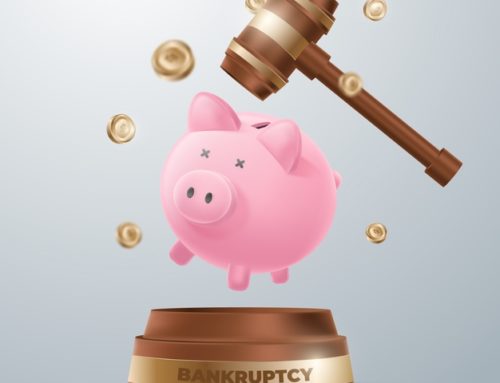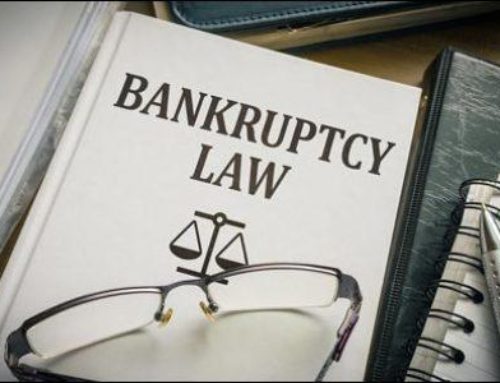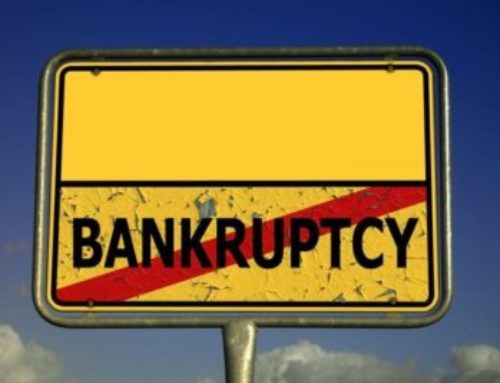Understanding the basics of bankruptcy law is important before you file a bankruptcy petition. There are different types of bankruptcy that you may choose from depending on your eligibility. In the same way, there are different bankruptcy rules for each bankruptcy chapter. A debtor must first pass the bankruptcy means test to be qualified to file bankruptcy under a certain chapter. Here, the monthly income and living expenses of the filer will determine his or her eligibility.
The bankruptcy filing allows you to rebuild your financial future. Filing bankruptcy help individuals repay their debts to creditors. To have a successful filing for bankruptcy, seek legal help from a trusted Phoenix bankruptcy lawyer.
Chapter 7 or Liquidation Bankruptcy
In this type of bankruptcy, the bankruptcy trustee suspends several or even all of the debts from lenders. Simultaneously, the trustee in bankruptcy cases under this chapter will liquidate your assets to pay back your creditors. The bankruptcy process takes up to four to six months.
When you file bankruptcy, you should undergo credit counseling with a United States trustee-approved agency. Additionally, when filing bankruptcy, you must provide the necessary paperwork to court and fill out the needed bankruptcy forms. You should provide necessary information such as your assets, monthly income and living expenses, debts, and exempt properties. A Phoenix bankruptcy lawyer will assist you on how to file, fill out forms, and understand the bankruptcy proceeding.
Once the bankruptcy court approves your bankruptcy petition, an automatic stay takes place. An automatic stay prevents creditors from attempting to collect payments from debtors. This also stops foreclosure, wage garnishment, and creditor harassment.
 By filing bankruptcy under Chapter 7, you are entrusting the bankruptcy court with your assets and debts. You will not be able to sell any of your properties without the bankruptcy court’s permission. With several exceptions, you will have control over the properties you buy and the money you receive only after filing bankruptcy.
By filing bankruptcy under Chapter 7, you are entrusting the bankruptcy court with your assets and debts. You will not be able to sell any of your properties without the bankruptcy court’s permission. With several exceptions, you will have control over the properties you buy and the money you receive only after filing bankruptcy.
In a bankruptcy case, the assigned trustee will ensure that the creditors receive as much as what the debtor owes them. He or she will also review the paperwork both to ensure that it is complete and to look for nonexempt properties that can be sold to repay creditors. Bankruptcy trustees will also often review the debtor’s financial transactions from the previous year and see if there is any that can be reversed to free up properties for distribution.
After you file for bankruptcy, you shall receive a notice for a creditors meeting. The creditors meeting is arranged by the trustee and the debtor who filed a bankruptcy petition will be required to attend. During the meeting, the trustee and the creditors will ask questions regarding the documents you provided and your bankruptcy case.
If the bankruptcy trustee finds that you own a nonexempt asset, you may be obliged to forfeit or provide the cash equal to its value. Now there are instances when the property is not worth anything or selling it would be difficult for the bankruptcy trustee. This means that you may be able to keep it even if it is a non-exempt property.
On collaterals
For the intent of raising funds for the creditors, most properties held under Chapter 7 are either excluded or practically worthless. As a result, only a small percentage of debtors are forced to forfeit any asset, unless it is used as collateral for secured debt.
A secured debt is one in which you have pledged property as collateral for loans. Houses and cars are the most popular types of collateral. If you fall behind on your monthly payments, your creditor can request that the automatic stay be removed, which will result in repossession and foreclosure. However, if you are compliant with your payments, you will retain your properties and you shall continue making payments as usual (unless the property has enough value to support the trustee’s sale). Take for example a creditor who has registered a lien on your asset for a debt you have not paid due to a court judgment. Generally, that debt is also considered a secured debt. In filing bankruptcy Chapter 7, you can remove this lien.
Bankruptcy filings help you obtain a bankruptcy discharge. After the completion of the bankruptcy proceeding, the court will grant a discharge that will wipe out your debts. However, not all types of debts can be discharged or wiped out when you file for bankruptcy. Non-dischargeable debts include child support, alimony, tax debt, student loan debt, criminal fines and restitution, and secured debts. Also, debts incurred through fraud and malicious acts are not dischargeable.
Struggling with debt and financial problems is not easy to manage. It is highly recommended to hire an experienced bankruptcy attorney to assist you throughout the bankruptcy process. Have a fresh start with your finances. Contact our Phoenix bankruptcy lawyers for a free consultation.











